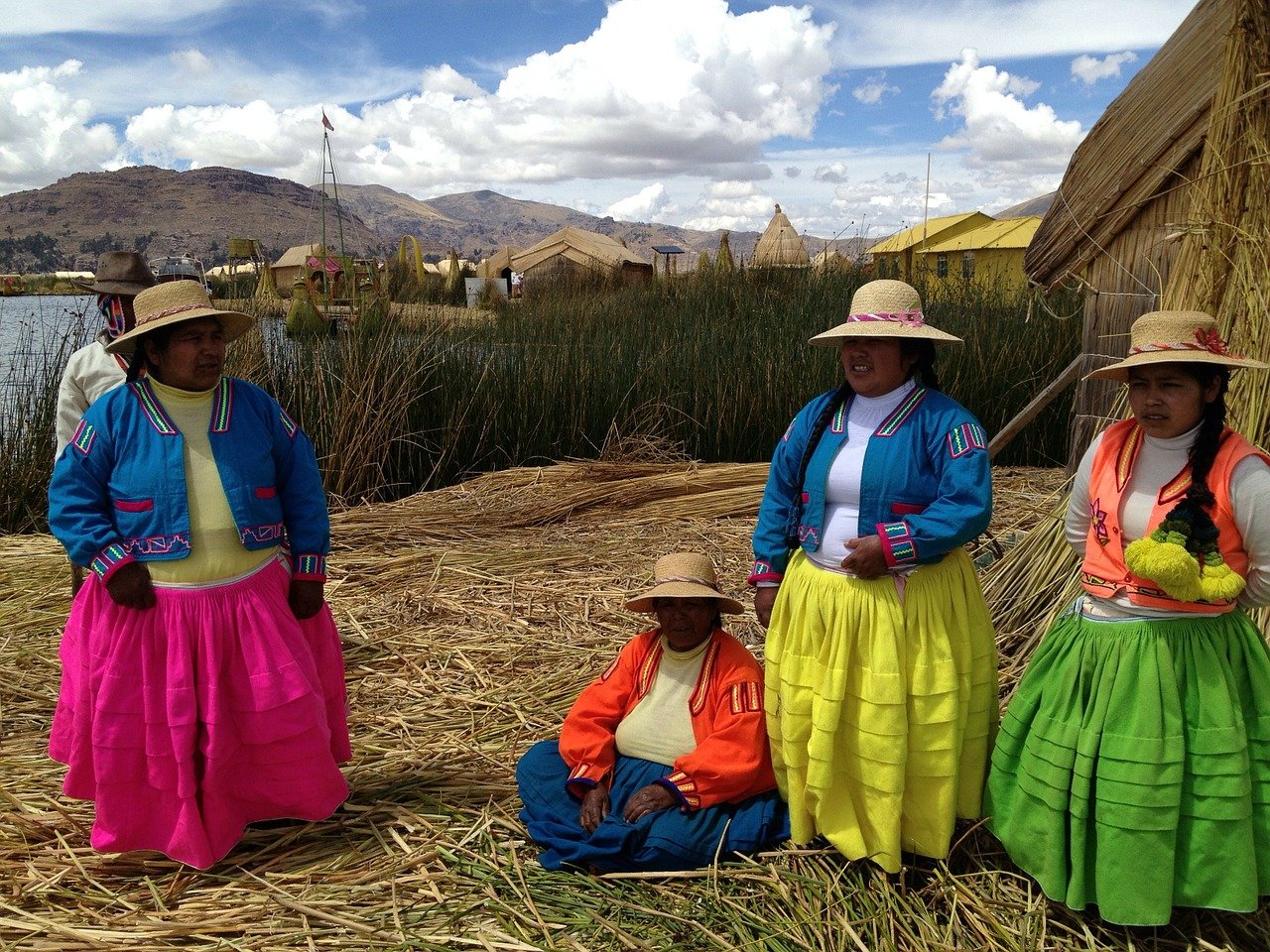5 Things to Avoid Doing in Peru
Table of Contents
Planning a trip to Peru? Or even thinking about moving there? If you really want to fit in with the locals and, more importantly, avoid offending anyone, you’ll need to know a little about the culture, customs and language. Here are a few things to steer clear of in this truly vibrant South American country.
Too Much Eye Contact
While lots of eye contact is expected in some parts of the world, to show that you’re paying attention, too much eye contact in Peru can be considered rude. Try to keep eye contact to a minimum; there’s no need to look lovingly into anyone’s eyes to let them know you’re listening.
“Come here, please” vs. “Come here, big boy”
If you want to bring someone towards you, hold your palm down and gesture by curling your fingers inwards, keeping your fingers moving (like you might do to shoo someone away somewhere else). Doing the same with your palm up is considered a romantic gesture, so it’s probably best not to do it around strangers.
Using the Wrong Word for Indigenous People
Nearly half of the population of Peru are Amerindian and many people speak more than one language, so it’s important that you respect their culture and differences. Make sure you refer to indigenous people as indígenas and not as indios, which is considered derogatory.
Talking About Money
As with many cultures, it’s considered uncouth in Peru to talk about how wealthy (or not wealthy) you are. Locals might be curious about your personal wealth, but it’s best to deflect questions, as money is a touchy subject and you want to avoid looking like you’re bragging.
Expecting Everyone to Be on Time
While being punctual is expected in some countries, Peruvians take a more laid-back approach to time-keeping. Being half an hour late to an appointment is no big deal in Peru, so take tardiness as a given. If it’s necessary for everyone to be exactly on time, people ask for hora inglesa, or English time.
A big part of travelling in another country is learning about the cultural norms as to not offend – making attempts to learn some of the language will always put you in the locals’ good books. There are four varieties of Spanish spoken in the country; you might want to brush up on yours before going away. Test your current Spanish level before you leave!



